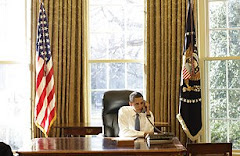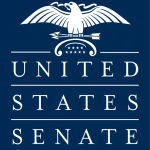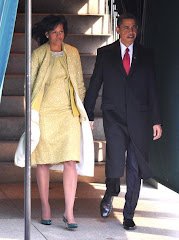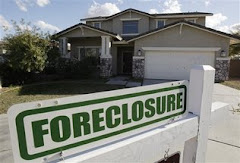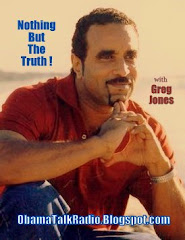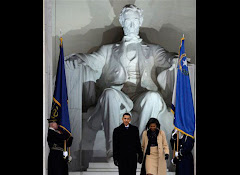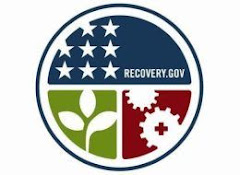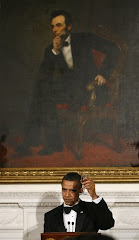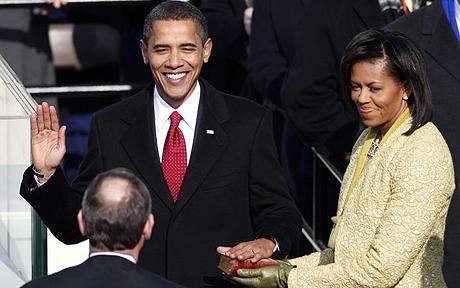
THE WHITE HOUSE
Office of the Press Secretary
REMARKS BY THE PRESIDENT
ON THE GULF OIL SPILL
THE PRESIDENT: Good afternoon, everybody. Before I take your questions, I want to update the American people on the status of the BP oil spill -– a catastrophe that is causing tremendous hardship in the Gulf Coast, damaging a precious ecosystem, and one that led to the death of 11 workers who lost their lives in the initial explosion.
Yesterday, the federal government gave BP approval to move forward with a procedure known as a "top kill" to try to stop the leak. This involves plugging the well with densely packed mud to prevent any more oil from escaping. And given the complexity of this procedure and the depth of the leak, this procedure offers no guarantee of success. But we're exploring any reasonable strategies to try and save the Gulf from a spill that may otherwise last until the relief wells are finished -– and that's a process that could take months.
The American people should know that from the moment this disaster began, the federal government has been in charge of the response effort. As far as I'm concerned, BP is responsible for this horrific disaster, and we will hold them fully accountable on behalf of the United States as well as the people and communities victimized by this tragedy. We will demand that they pay every dime they owe for the damage they've done and the painful losses that they've caused. And we will continue to take full advantage of the unique technology and expertise they have to help stop this leak.
But make no mistake: BP is operating at our direction. Every key decision and action they take must be approved by us in advance. I've designated Admiral Thad Allen -– who has nearly four decades of experience responding to such disasters -– as the National Incident Commander, and if he orders BP to do something to respond to this disaster, they are legally bound to do it. So, for example, when they said they would drill one relief well to stem this leak we demanded a backup and ordered them to drill two. And they are in the process of drilling two.
As we devise strategies to try and stop this leak, we're also relying on the brightest minds and most advanced technology in the world. We're relying on a team of scientists and engineers from our own national laboratories and from many other nations -– a team led by our Energy Secretary and Nobel Prize-winning physicist, Stephen Chu. And we're relying on experts who've actually dealt with oil spills from across the globe, though none this challenging.
The federal government is also directing the effort to contain and clean up the damage from the spill -– which is now the largest effort of its kind in U.S. history. In this case, the federal, state, and local governments have the resources and expertise to play an even more direct role in the response effort. And I will be discussing this further when I make my second trip to Louisiana tomorrow. But so far we have about 20,000 people in the region who are working around the clock to contain and clean up this oil. We have activated about 1,400 members of the National Guard in four states. We have the Coast Guard on site. We have more than 1,300 vessels assisting in the containment and cleanup efforts. We've deployed over 3 million feet of total boom to stop the oil from coming on shore -– and today more than 100,000 feet of boom is being surged to Louisiana parishes that are facing the greatest risk from the oil.
So we'll continue to do whatever is necessary to protect and restore the Gulf Coast. For example, Admiral Allen just announced that we're moving forward with a section of Governor Jindal's barrier island proposal that could help stop oil from coming ashore. It will be built in an area that is most at risk and where the work can be most quickly completed.
We're also doing whatever it takes to help the men and women whose livelihoods have been disrupted and even destroyed by this spill -– everyone from fishermen to restaurant and hotel owners. So far the Small Business Administration has approved loans and allowed many small businesses to defer existing loan payments. At our insistence, BP is paying economic injury claims, and we'll make sure that when all is said and done, the victims of this disaster will get the relief that they are owed. We're not going to abandon our fellow citizens. We'll help them recover and we will help them rebuild.
And in the meantime, I should also say that Americans can help by continuing to visit the communities and beaches of the Gulf Coast. I was talking to the governors just a couple of days ago, and they wanted me to remind everybody that except for three beaches in Louisiana, all of the Gulf's beaches are open. They are safe and they are clean.As we continue our response effort, we're also moving quickly on steps to ensure that a catastrophe like this never happens again. I've said before that producing oil here in America is an essential part of our overall energy strategy. But all drilling must be safe.
In recent months, I've spoken about the dangers of too much -- I've heard people speaking about the dangers of too much government regulation. And I think we can all acknowledge there have been times in history when the government has overreached. But in this instance, the oil industry's cozy and sometimes corrupt relationship with government regulators meant little or no regulation at all.
When Secretary Salazar took office, he found a Minerals and Management Service that had been plagued by corruption for years –- this was the agency charged with not only providing permits, but also enforcing laws governing oil drilling. And the corruption was underscored by a recent Inspector General's report that covered activity which occurred prior to 2007 -- a report that can only be described as appalling. And Secretary Salazar immediately took steps to clean up that corruption. But this oil spill has made clear that more reforms are needed.
For years, there has been a scandalously close relationship between oil companies and the agency that regulates them. That's why we've decided to separate the people who permit the drilling from those who regulate and ensure the safety of the drilling.
I also announced that no new permits for drilling new wells will go forward until a 30-day safety and environmental review was conducted. That review is now complete. Its initial recommendations include aggressive new operating standards and requirements for offshore energy companies, which we will put in place.
Additionally, after reading the report's recommendations with Secretary Salazar and other members of my administration, we're going to be ordering the following actions: First, we will suspend the planned exploration of two locations off the coast of Alaska. Second, we will cancel the pending lease sale in the Gulf of Mexico and the proposed lease sale off the coast of Virginia. Third, we will continue the existing moratorium and suspend the issuance of new permits to drill new deepwater wells for six months. And four, we will suspend action on 33 deepwater exploratory wells currently being drilled in the Gulf of Mexico.
What's also been made clear from this disaster is that for years the oil and gas industry has leveraged such power that they have effectively been allowed to regulate themselves. One example: Under current law, the Interior Department has only 30 days to review an exploration plan submitted by an oil company. That leaves no time for the appropriate environmental review. They result is, they are continually waived. And this is just one example of a law that was tailored by the industry to serve their needs instead of the public's. So Congress needs to address these issues as soon as possible, and my administration will work with them to do so.
Still, preventing such a catastrophe in the future will require further study and deeper reform. That's why last Friday, I also signed an executive order establishing the National Commission on the BP Deepwater Horizon Oil Spill and Offshore Drilling. While there are a number of ongoing investigations, including an independent review by the National Academy of Engineering, the purpose of this commission is to consider both the root causes of the disaster and offer options on what safety and environmental precautions are necessary.
If the laws on our books are inadequate to prevent such a spill, or if we did not enforce those laws, then I want to know. I want to know what worked and what didn't work in our response to the disaster, and where oversight of the oil and gas industry broke down.
We've talked about doing this for decades, and we've made significant strides over the last year when it comes to investing in renewable energy and energy efficiency. The House of Representatives has already passed a bill that would finally jumpstart a permanent transition to a clean energy economy, and there is currently a plan in the Senate –- a plan that was developed with ideas from Democrats and Republicans –- that would achieve the same goal.
If nothing else, this disaster should serve as a wake-up call that it's time to move forward on this legislation. It's time to accelerate the competition with countries like China, who have already realized the future lies in renewable energy. And it's time to seize that future ourselves. So I call on Democrats and Republicans in Congress, working with my administration, to answer this challenge once and for all.
I'll close by saying this: This oil spill is an unprecedented disaster. The fact that the source of the leak is a mile under the surface, where no human being can go, has made it enormously difficult to stop. But we are relying on every resource and every idea, every expert and every bit of technology, to work to stop it. We will take ideas from anywhere, but we are going to stop it.
And I know that doesn't lessen the enormous sense of anger and frustration felt by people on the Gulf and so many Americans. Every day I see this leak continue I am angry and frustrated as well. I realize that this entire response effort will continue to be filtered through the typical prism of politics, but that's not what I care about right now. What I care about right now is the containment of this disaster and the health and safety and livelihoods of our neighbors in the Gulf Coast. And for as long as it takes, I intend to use the full force of the federal government to protect our fellow citizens and the place where they live. I can assure you of that.






